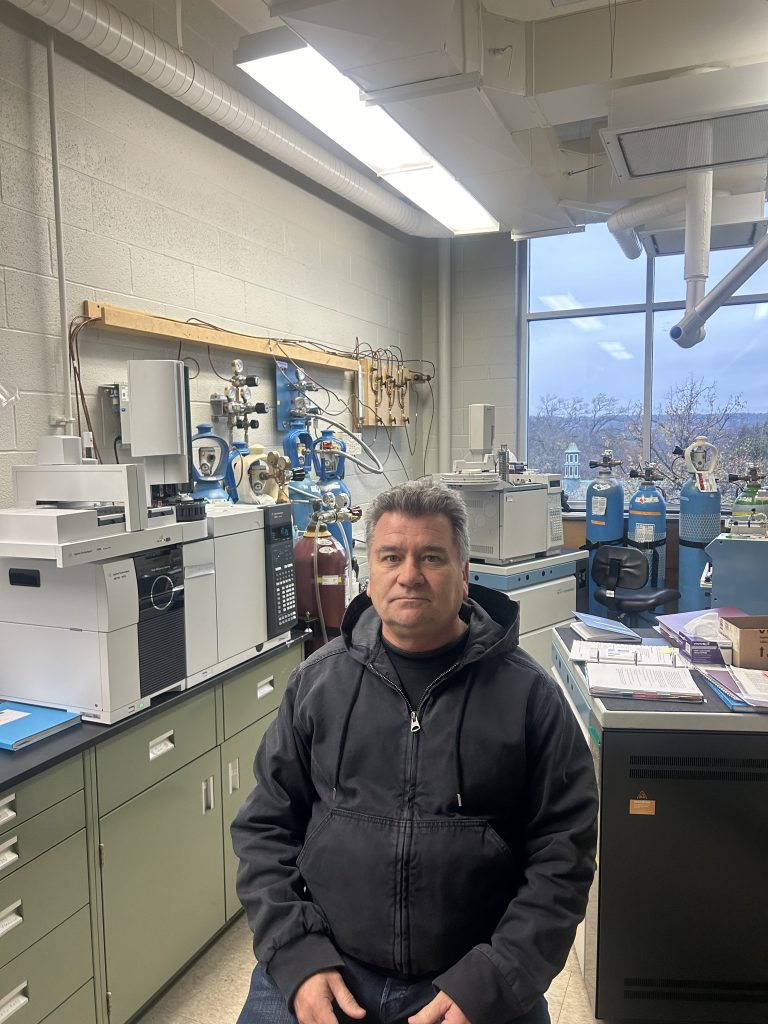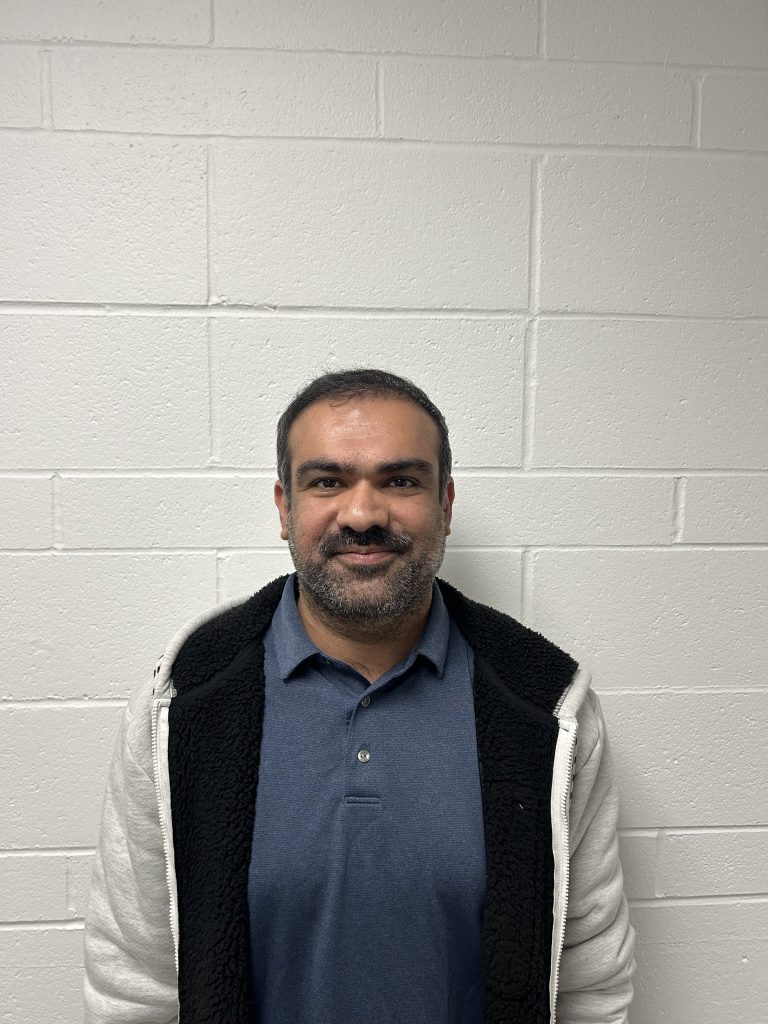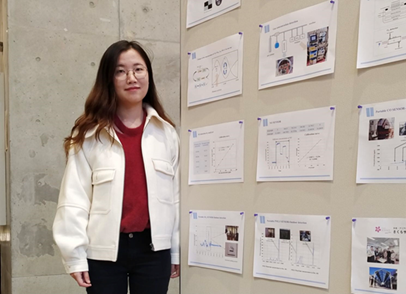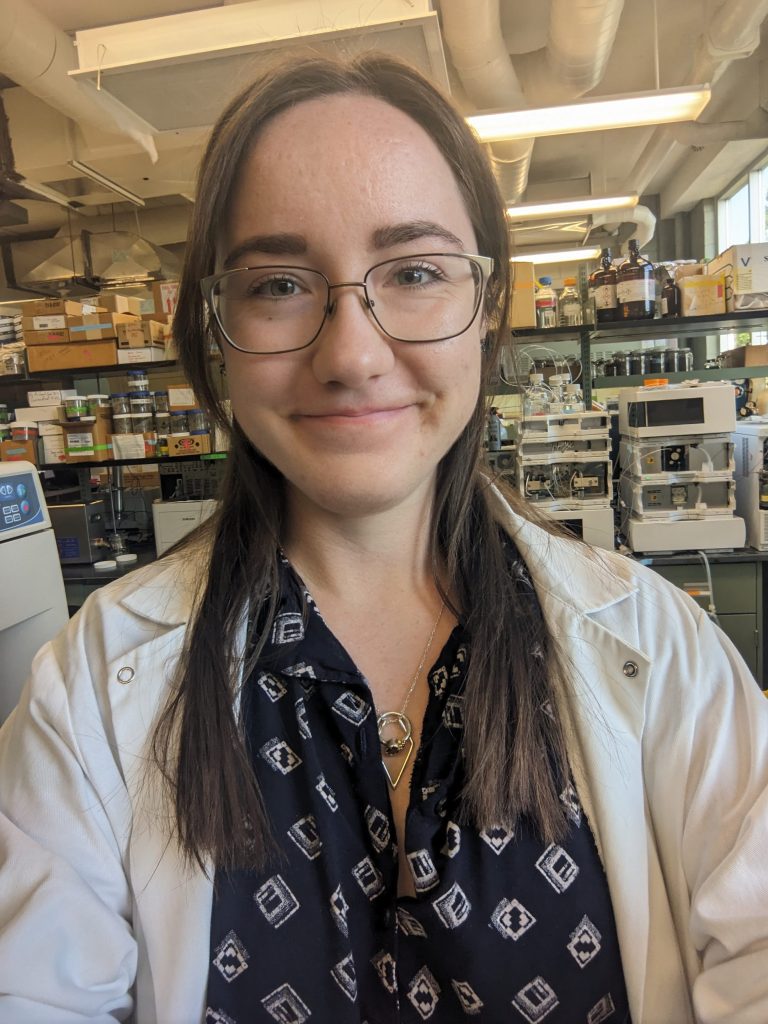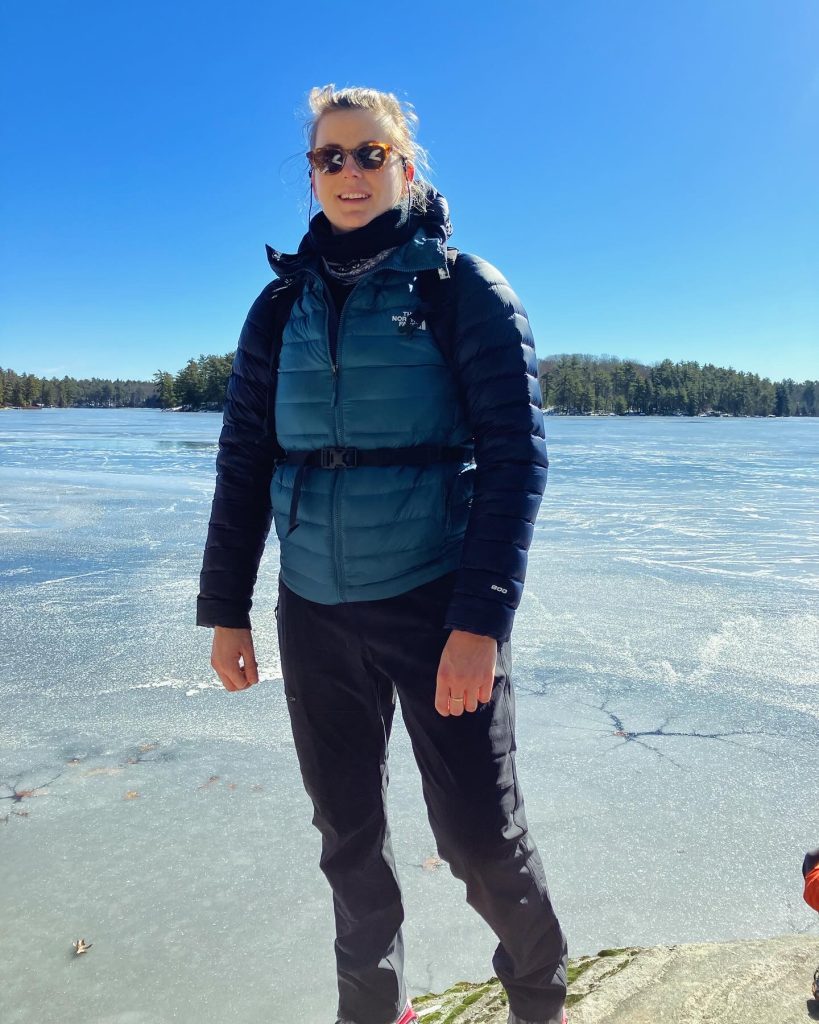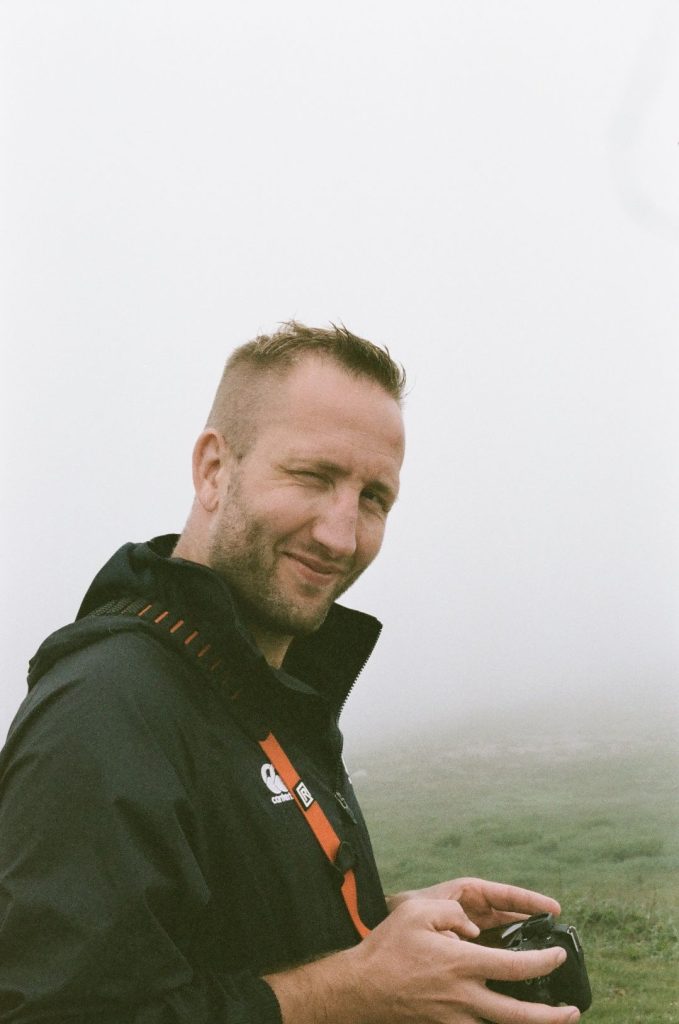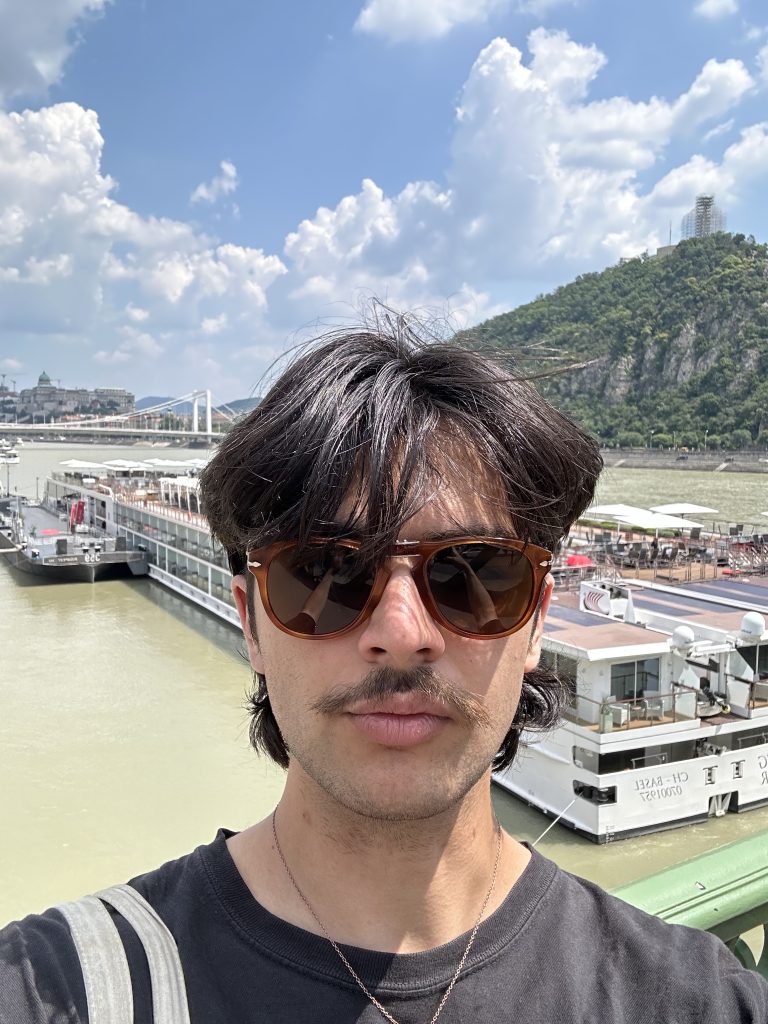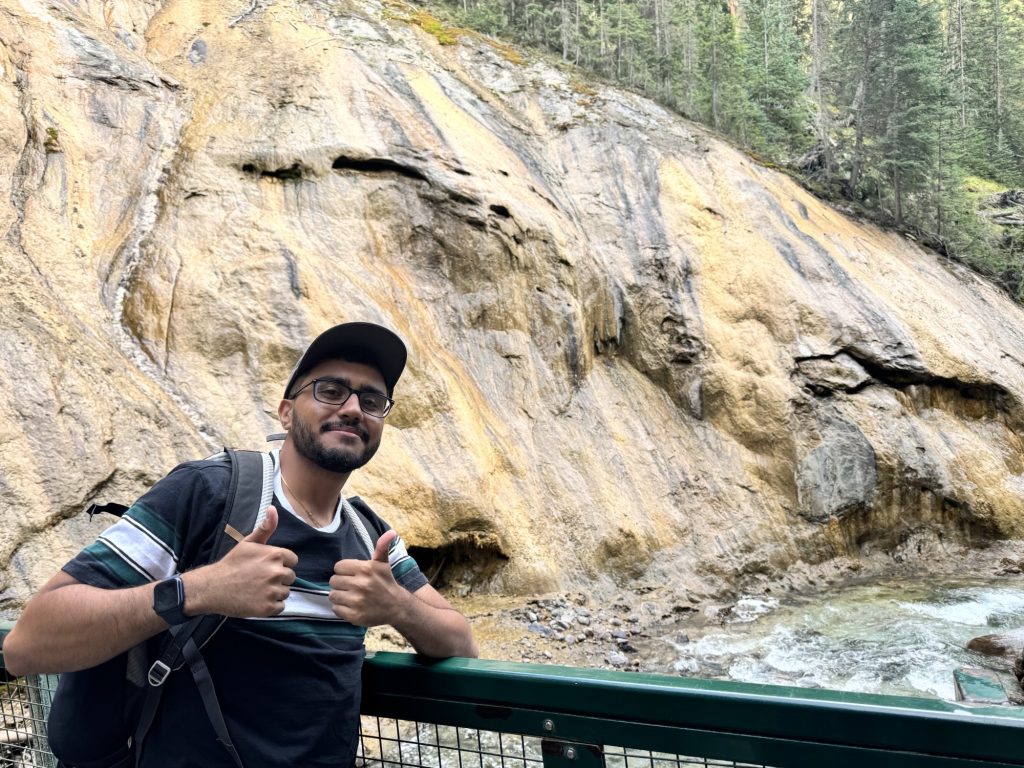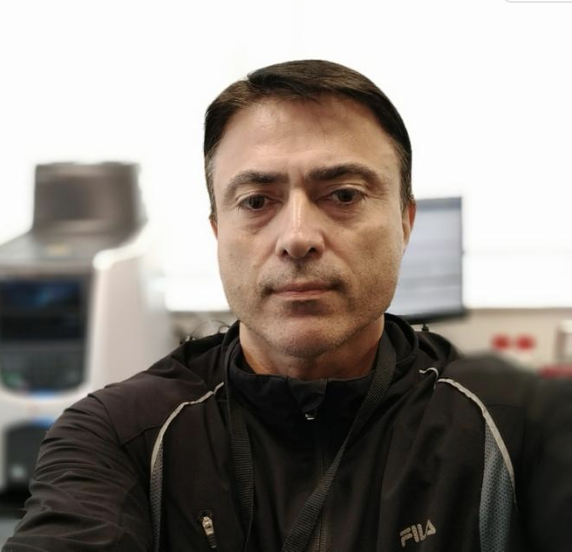LABORATORY TECHNICIAN
George Garbai
Extensive 40-year experience with extraction & instrumentation in semi-volatile trace organic GC and GCMS analyses. Performance based target and non target analyses in environmental, petroleum/chemical/coal tar, toxicology bodily fluids drugs and poisons, food/beverage, nutraceuticals/food supplements. Fish oil. Working in the environmental sector, mainly, the matrices were sediments, biota, wastewater, waste oil, drinking water, air and soils using US EPA 8270E. Air. Both in government and industry. Both in Canada and the U.S. (nongovernment), government regulated.
POSTDOCTORAL FELLOWS
Dr. Harmanpreet Sidhu
Harman is an environmental chemist. His research interests focus on using cutting edge technologies to conduct occurrence, fate, and risk assessments of anthropogenic contaminants in the environment. His research also encompasses lipidomics in deep subsurface environments. His current research work includes evaluating microbial phospholipid fatty acid biosignatures in deep subsurface with implications for Canada’s deep geological repository to store used nuclear fuel. He is also assessing the fate of complex mixtures of contaminants (flame retardants, chlorinated paraffins, pharmaceuticals, and PFAS) in biosolids amended- and wastewater effluent irrigated- agricultural systems.
Ph.D. STUDENTS
Han Bao
Han is a Ph.D candidate in the Environmental Geochemistry Group at McMaster University. He completed his B.Sc in Environmental Engineering at East China University of Science and Technology, Shanghai, and obtained his Masters in Environmental Science from University of Toronto. Currently his research is focused on investigating biogeochemistry of low-molecular-weight organic compounds, and ebullition-facilitated transport of organics in the Base Mine Lake—the first commercial demonstration of oil sands pit lake located at Alberta, Canada. He utilized multiple analytical instruments including GC/MS, GC-FID and multidimensional gas chromatography (GCxGC) for both untargeted screening and targeted analysis for complex chemical mixture, to further assess their transport patterns and environmental fate. Outside the lab, he has three lovely doggies, enjoys movie night and tries to be an amateur chef. He is also passionate about photographing wildlife and went on random crazy road trips to look for amazing bird species.
Chenlu Wang
Chenlu Wang is a PhD student in Analytical Chemistry at McMaster University. She joined the Environmental Organic Geochemistry Lab in 2021. She obtained her M.Sc and B.Sc degree from Wuhan University, China. Her works focus on understanding how the organic matter is microbially cycled through Base Mine Lake, the first full-scale demonstration oil sands end pit lake in northern Alberta, Canada. She will use carbon isotopic analysis in lipids to investigate the microbial carbon cycling within the environment. Chenlu likes sports, such as running, badminton and volleyball. She enjoys photography and cooking in her free time.
Libby Tunney
Libby Tunney is a PhD candidate in the Environmental Organic Geochemistry Group and the Collaborative Astrobiology Program at McMaster University. Libby holds a Bachelor of Science degree specializing in Environmental Earth Science and a Master of Science in Planetary Geochemistry from the University of Alberta. Her research interests include understanding the effects of terrestrial processes on meteorites and documenting intrinsic properties of meteorites. More specifically, she will be creating a chemical inventory of understudied meteorites that can yield insights into compounds present at the origin of life. Utilizing gas chromatography-mass spectrometry (GC-MS), high performance liquid chromatography-mass spectrometry (HPLC-MS), and ion chromatography-mass spectrometry (IC-MS), both untargeted and targeted approaches will be used to detect compounds in meteorites that are necessary for life, including, amino acids, organosulfur, organophosphorus, and nucleobases. Outside her research, Libby enjoys painting, crafting, and finding new places to bird watch.
Julie Hartz
Julie holds a BSc degree in Earth Sciences from the University of Lausanne, Switzerland, an MRes degree in Planetary Sciences from Macquarie University, Australia, and is now a PhD student at McMaster University part of the Astrobiology Collaborative Program. Her research primarily focuses on the detection and characterization of geochemical traces of life (aka “biosignatures”) in microbialites. Specifically, she is comparing the geochemical signatures, membrane phospholipids and stable carbon isotopes, of modern microbialites with that of abiotic carbonates. Additionally, she’s investigating the use of complexity as a biosignature in microbialites by using a combination of 3D modeling and fractal geometry to characterize the structural complexity of her samples. If not in the lab or in the library, Julie can be found hiking, canoeing, or planning her next trip to a surf/dive destination.
Lucas Beckering Vinckers Stofer
Lucas is a Ph.D. student in the environmental organic geochemistry research group at McMaster University. He holds a Bachelor’s degree from Trent University, a post graduate diploma from Sir Sandford Fleming College, and a Master’s degree from McMaster University. His current research is focused on exploring bubble-facilitated transport of polar organic compounds in Base Mine Lake, which is an end pit lake demonstration site for the reclamation of oil sand tailings. High resolution mass spectrometry techniques are being used to characterize the polar organic fraction within the system through collaboration with the Trent Water Quality Centre. In his spare time he enjoys being active through sport, running, hiking and reading.
M.Sc. STUDENTS
Yassine Benkandil
Yassine is a M.Sc student in Earth and Environmental sciences in the Environmental Geochemistry Group at McMaster. He obtained his B.Sc at McMaster University, and joined the group during this time while working on an Undergraduate thesis. His M.Sc project is looking at the concentrations and distribution of banned insecticide DDT and its metabolites DDD and DDE within Cootes Paradise and surrounding areas to try and determine spatial trends between locations. In his free time, he enjoys running, reading, photography/videography, and video editing.
Gagan Josan
Gagan obtained his B.Sc. in Earth and Environmental Sciences from the University of Waterloo and a currently a M.Sc. student in Earth Sciences and Astrobiology in the Environmental Geochemistry Group at Mcmaster. His project is focused on aerobic and anaerobic methane biosignatures in various oil sands tailings ponds in northern Alberta, Canada. He uses carbon isotopic analysis and PLFA biomarkers to assess the microbial methane cycling within this environment. If methane is the likely driver of life on planets and potentially moons within an environment of depleted oxygen, then anaerobic methane processes is a possible line of evidence to consider. Gagan is an avid pop music and Marvel enthusiast, with the occasional drive to go hiking with an iced coffee, and spends rest of his free time gaming.
Parwez Nejatie
Parwez is a graduate student in the Environmental Geochemistry Group at McMaster University. With background in organic chemistry and science education, Parwez’s current project focuses on bentonite clay engineered as a barrier in geological repositories for waste containment. Parwez is committed to making science accessible and impactful.
